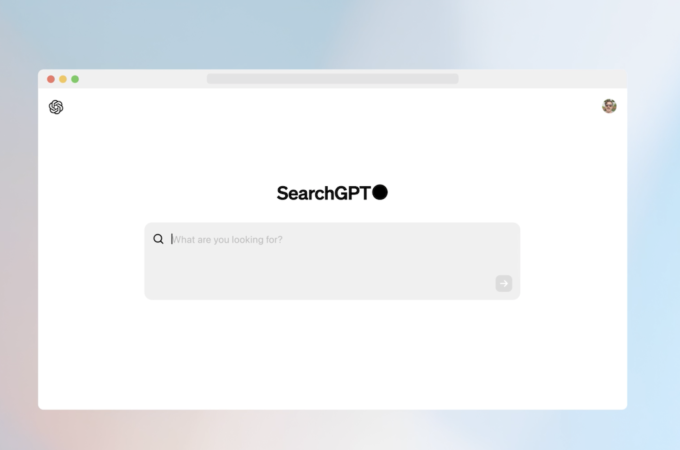
UK Takes Steps Towards AI Regulation Amid Growing Concerns
The United Kingdom is embarking on crafting new legislation to regulate artificial intelligence (AI) as concerns mount over potential risks associated with the technology, Bloomberg reports. This move signals a shift in approach from the government, which had previously been cautious about rushing into AI regulation.
The proposed legislation aims to address various aspects of AI, particularly focusing on regulating large language models that form the backbone of AI products like ChatGPT. While the exact scope and timeline of the legislation remain uncertain, there are indications that it may mandate companies developing advanced AI models to share their algorithms with the government and demonstrate safety testing.
The decision to draft AI regulations comes in response to mounting concerns from regulators and industry experts about the potential harms associated with AI technology. These concerns range from biases embedded in AI systems to the misuse of powerful AI models for creating harmful content.
The UK’s Competition and Markets Authority has expressed apprehensions about the dominance of a few tech giants in the AI space and their ability to shape markets to their advantage. This has prompted calls for regulatory intervention to ensure fair competition and protect consumer interests.
While the UK government has been cautious about overregulating the AI industry to foster innovation, it recognizes the need for effective oversight to mitigate risks. The European Union (EU) has already taken a proactive approach by passing strict regulations through the AI Act, prompting other countries to follow suit.
Despite the push for regulation, the UK aims to strike a balance between safeguarding against potential risks and promoting innovation in the AI sector. Prime Minister Rishi Sunak has emphasized the importance of understanding the risks before rushing into regulation, echoing sentiments shared by industry leaders.
In addition to legislative efforts, the UK has established an AI Safety Institute to evaluate AI models for safety. However, there are calls for clarity on timelines and enforcement mechanisms to ensure accountability.
While the UK government deliberates on AI regulation, other countries like the EU and the United States have already taken significant steps in this direction. The EU’s comprehensive AI regulations set a precedent for global standards, emphasizing transparency and accountability in AI development and deployment.
As the UK navigates the complexities of AI regulation, it faces the challenge of balancing innovation with risk mitigation. The upcoming AI conference hosted by France in late 2024 or early 2025 is expected to provide further insights and opportunities for international collaboration on AI governance.
In conclusion, the UK’s move towards AI regulation reflects a growing recognition of the need to address the challenges posed by AI technology. By taking proactive steps to establish clear rules and guidelines, the UK aims to foster a safe and responsible AI ecosystem that benefits society as a whole.





